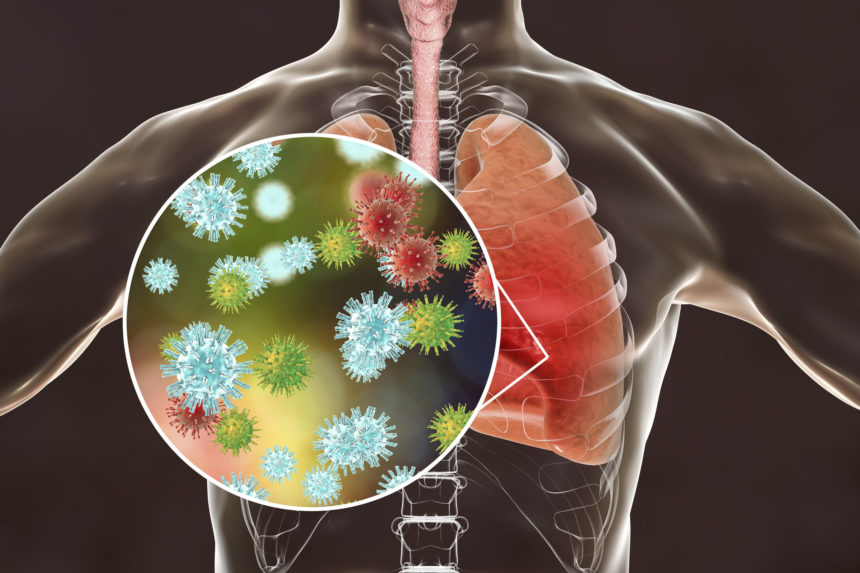
Evidence of lung damage can be seen in imaging scans one year after recovery from COVID-19, a new study finds. Older patients are more at risk, the researchers say.
It is well known that COVID-19 causes short term effects such as pneumonia. In an effort to document possible long-term effects, investigators examined lung abnormalities in 91 patients using computed tomography (CT) scans. Participants were checked several times over the one-year study period.
CT abnormalities were found in 49 (54%) of participants. Two of these patients had received outpatient treatment only for COVID-19, 25 were treated in a general hospital ward and 22 received intensive care.
The CT abnormalities decreased in follow-up checks during the year, but 63% of patients showed no improvement after six months. Factors associated with persistent abnormalities at 12 months were older age (60 years and older), the experience of severe COVID-19 and male gender.
“The observed chest CT abnormalities from our study are indicative of damaged lung tissue,” said study lead Anna Luger, M.D., of Innsbruck Medical University in Austria. “However, it is currently unclear if they represent persistent scarring, and whether they regress over time or lead to pulmonary fibrosis [thickening or scarring of lung tissue].”
The researchers plan to continue gathering data on these persistent cases. Full findings were published in the journal Radiology.



